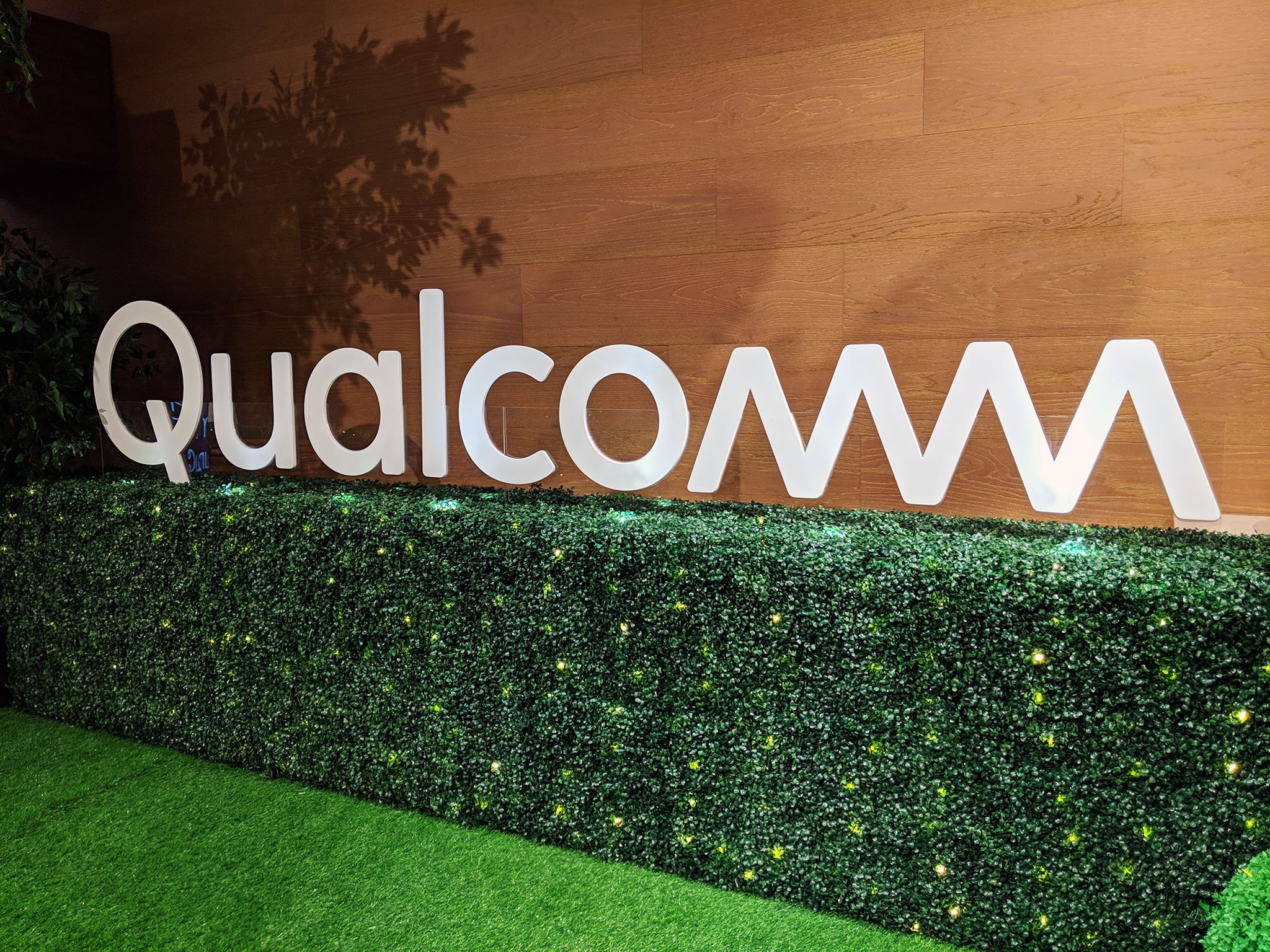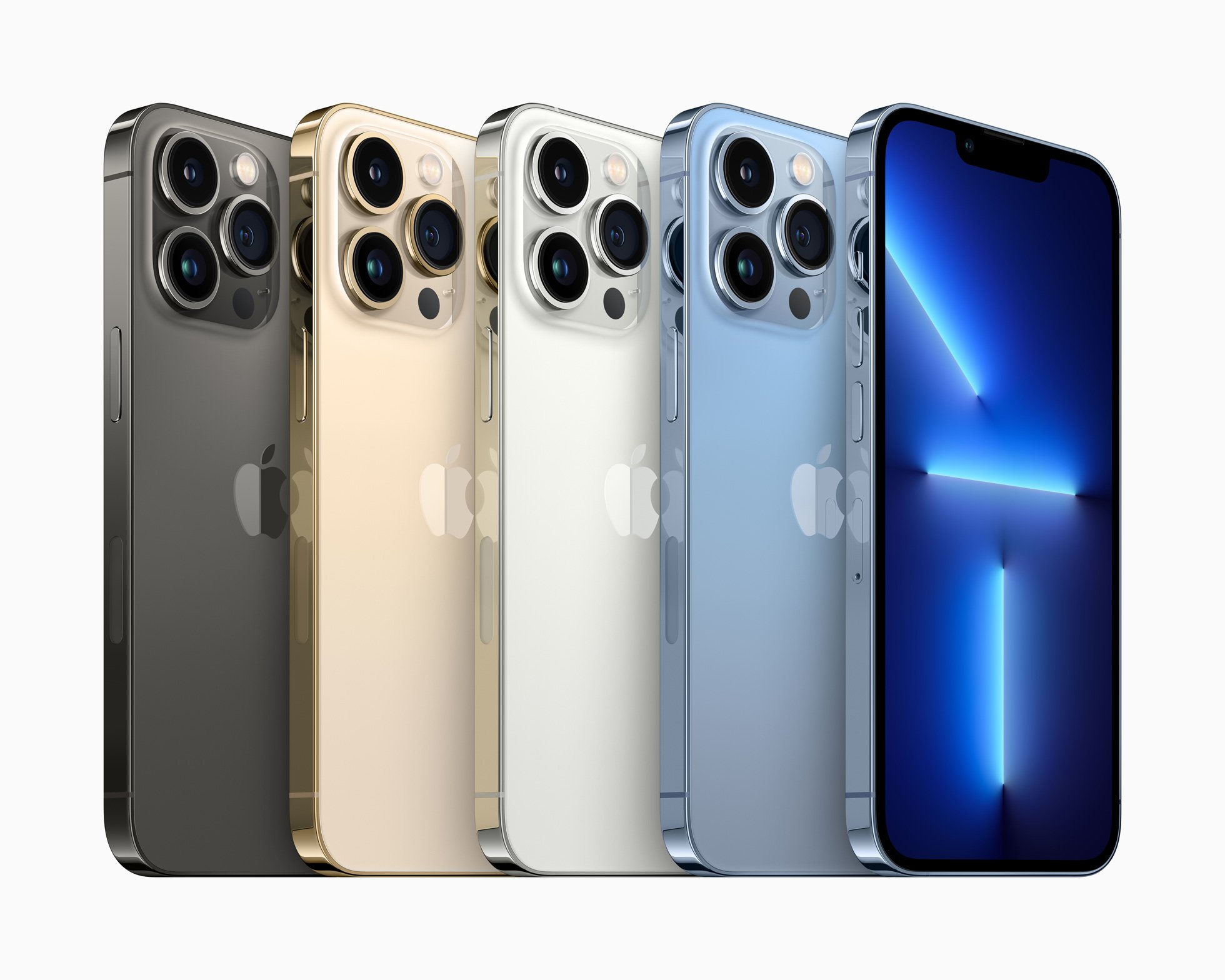Apple deal with Qualcomm vindicated in massive EU court ruling, $1 billion fine overturned

iMore offers spot-on advice and guidance from our team of experts, with decades of Apple device experience to lean on. Learn more with iMore!
You are now subscribed
Your newsletter sign-up was successful
What you need to know
- The European Court of Justice has overturned a $1 billion antitrust fine against Qualcomm.
- Qualcomm was fined by the EU over a deal with Apple in which Apple was required to get its LTE chipsets exclusively from Qualcomm.
- The court says a number of irregularities have been found in the case.
The European Court of Justice has overturned a $1 billion fine levied against Qualcomm by the EU over payments it made to Apple to be the sole supplier of LTE chipsets in Apple's iPhones and iPads.
In a release today the Court of Justice of the European Union stated:
The General Court observes that a number of procedural irregularities affected Qualcomm's rights of defence and invalidate the Commission's analysis of the conduct alleged against Qualcomm
In January of 2018, Qualcomm was fined by the EU "for abuse of dominance on the worldwide market for chipsets" used in LTE connectivity between February 2011 and September 2016. Specifically, Qualcomm was pulled up for an agreement with Apple that involved giving the Cupertino company incentive payments "under which Apple had to obtain its requirements for LTE chipsets exclusively from Qualcomm." These chips were used to supply 4G connectivity in Apple's best iPhones and best iPads during the period, but could only come from Qualcomm because of the payments.
The Commission took the view that the payments were "exclusivity payments... capable of having anticompetitive effects" because they had "reduced Apple's incentives to switch to competing LTE chipset providers." If this had been true, it could have been argued that the money paid to Apple could have seen Apple customers lose out on the chance for better, faster, or more reliable LTE connectivity in their devices during the period. However, the court has deemed this was not the case by overturning the ruling.
The judgment today annuls that ruling in its entirety based on "a number of procedural irregularities which affected Qualcomm's rights of defence" and "analysis of the anticompetitive effects of the incentive payments."
Pertaining to the legal matter of the antitrust infringement, the court found that the Commission "failed to take account of all of the relevant factual circumstances," noting that while the payments may have reduced Apple's incentive to switch, "it is apparent from the Commission decision that Apple had no technical alternative to Qualcomm's LTE chipsets for the majority of its requirements during the period concerned, namely that part corresponding, in essence, to iPhones."
Essentially, even though payments were made to incentivize Apple to stick with Qualcomm, there was absolutely no viable alternative that Apple could have switched to anyway. In fact, if Apple had switched to a rival provider like Intel, it could have made the experience for customers worse because those chips weren't up to scratch.
iMore offers spot-on advice and guidance from our team of experts, with decades of Apple device experience to lean on. Learn more with iMore!
"The courts of law on both sides of the Atlantic have handed Qualcomm first-class acquittals: the United States Court of Appeals for the Ninth Circuit in 2020, and now the EU General Court. That's an impressive track record," antitrust and patent litigation expert Florian Mueller told iMore.
"The court could and would have tossed the Commission decision just for the reason that Qualcomm's rights as a defendant weren't fully respected, but nevertheless went on to explain why there were also issues with the substance of the appealed ruling."
Speaking to iMore, Mueller says that the key point of the ruling is that the Commission "merely assumed" that Qualcomm rival Intel "was an equally efficient competitor as Qualcomm," and that if Intel was not able to make good enough chips for the iPhone, there would be no harm in the deal.
Mueller says that while the EU can appeal the decision, a review is limited to points of law and that he does not see such an appeal succeeding. The EU Commission told iMore it has taken note of today's judgement and will carefully study it and its implications and will reflect on possible next steps.
LTE powers not-quite-4G technology on devices like the iPhone and iPad, and is used by Apple in numerous products. Indeed, the company still relies on Qualcomm today for the connectivity in devices like the iPhone 13, its chipsets providing cellular service and 5G connectivity on the iPhone and other cellular Apple devices.
The EU lost a similar case in January, seeing its fine against Intel overturned. The body is pursuing a rigorous policy of investigation against companies like Apple over claims they favor themselves in certain areas of business or are unfairly treating developers through app store marketplaces and app distribution.
The ruling will be seen as a set back for the body, which is seeking to rearrange Apple's key business models and could completely change the way users buy apps and services on devices like the iPhone. At present, Apple is under investigation by the EU Commission over the way it handles in-app purchases and app distribution on iOS 16 and beyond, changes to which could see users have to change how they buy apps and spend money on the App Store.

Stephen Warwick has written about Apple for five years at iMore and previously elsewhere. He covers all of iMore's latest breaking news regarding all of Apple's products and services, both hardware and software. Stephen has interviewed industry experts in a range of fields including finance, litigation, security, and more. He also specializes in curating and reviewing audio hardware and has experience beyond journalism in sound engineering, production, and design.
Before becoming a writer Stephen studied Ancient History at University and also worked at Apple for more than two years. Stephen is also a host on the iMore show, a weekly podcast recorded live that discusses the latest in breaking Apple news, as well as featuring fun trivia about all things Apple. Follow him on Twitter @stephenwarwick9

